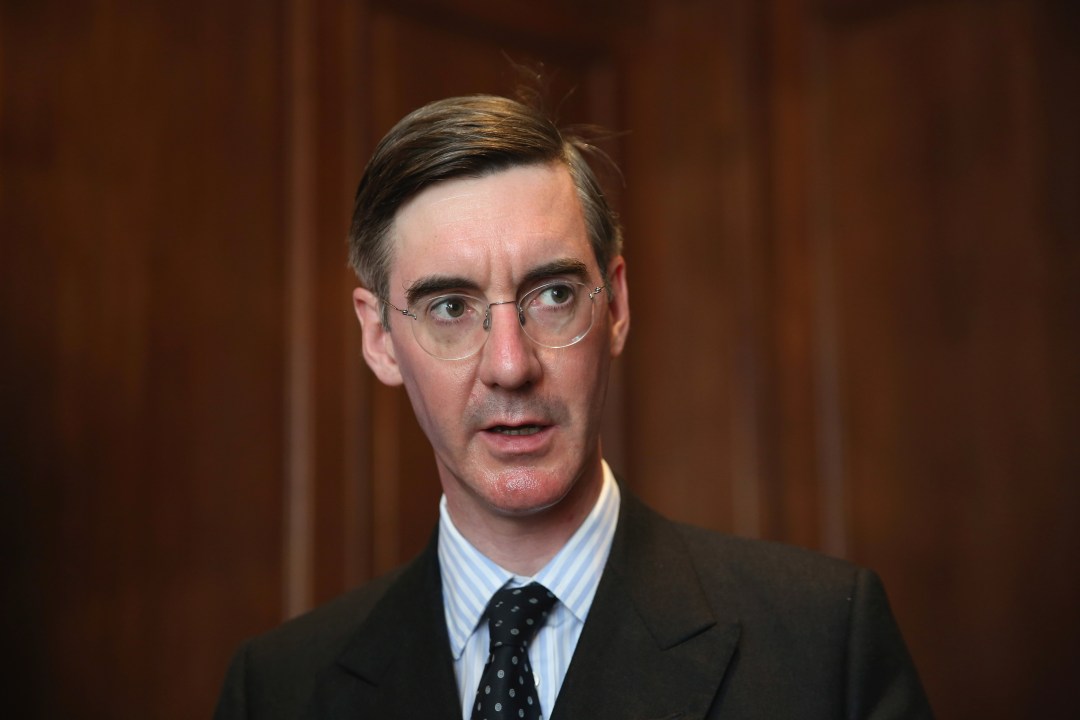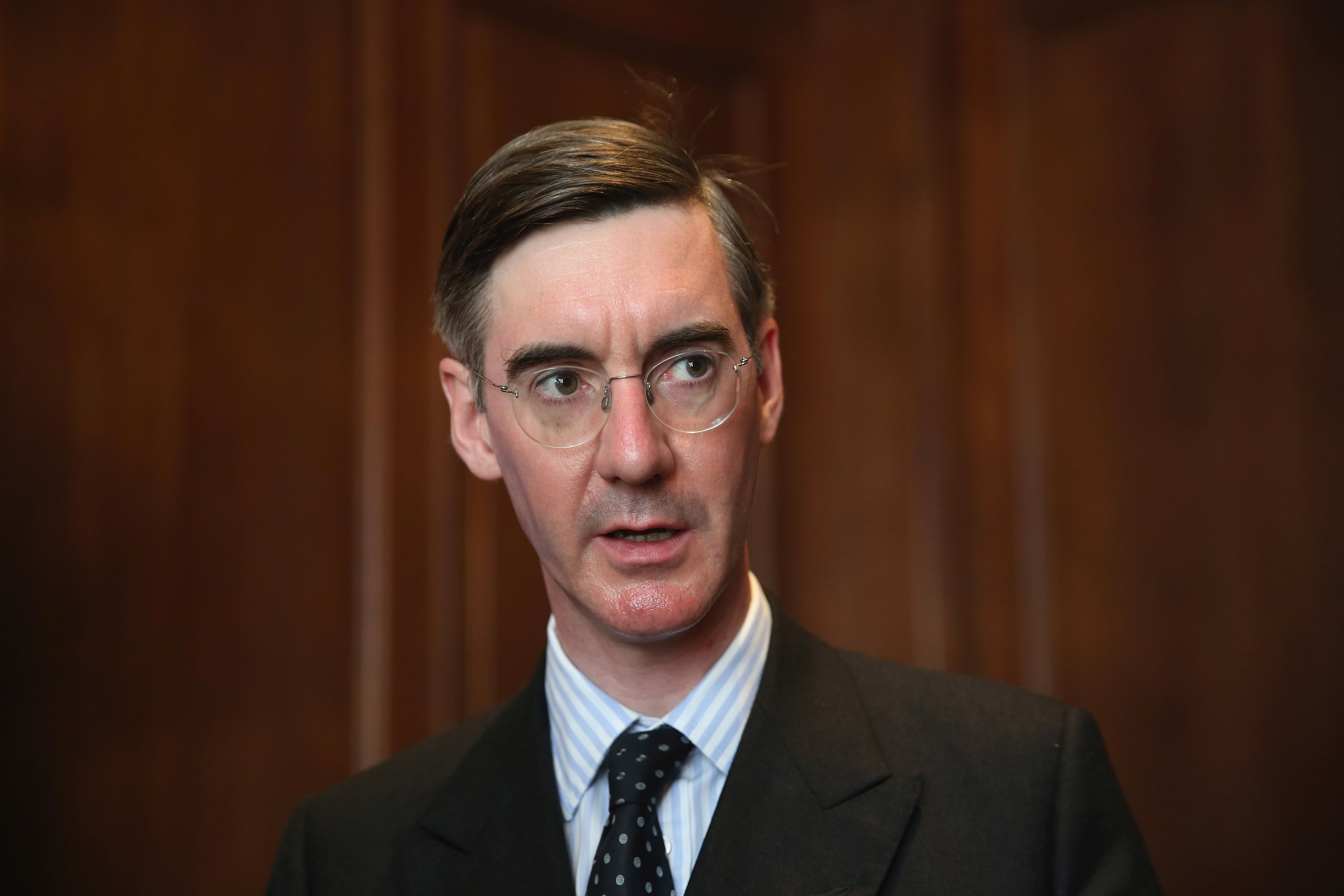To judge from the media’s collective horror, Jacob Rees-Mogg’s views on abortion (‘completely opposed… in all circumstances?’ ‘Yes’) and same-sex marriage (‘I support the teaching of the Catholic Church’ – i.e., against) are absolutely beyond the pale. Such ‘appalling bigotry’, as Suzanne Moore puts it in The Guardian, has ‘no place in public life’. Meanwhile, the Evening Standard’s curation of Twitter vox pops runs the full gamut from ‘extreme’ to ‘extremely out of touch’. Any hopes he may secretly have harboured of becoming PM must, hopes everyone from The Times cartoon to Gary Lineker, now be ‘aborted’. But just how extreme are the Hon. Member for North East Somerset’s views really? How odd is Rees-Mogg?
As it happens, this very week data was released from the latest (i.e, autumn 2016) wave of the British Social Attitudes survey – justly described in a recent Spectator leader as the ‘gold standard’ of social surveys. Fortuitously, this gives us a solid indicator of quite how the British public really feels about abortion and same-sex relationships (if not marriage specifically).
True enough, the long-term trends are quite stark in tracing the social liberalisation of British society. In 1983, just under 20 per cent thought that same-sex relationships ‘are not wrong at all’. By 2016, that had more than trebled to around 65 per cent.
Regarding abortion, in 1983 a little under 40 per cent thought it was ok on the basic grounds of ‘if the woman does not wish to have a child’. In 2016, 70 per cent did. Unfortunately, the specific hard-case question put to Rees-Mogg (‘rape or incest’) isn’t asked. The BSA does ask, however, about the possibility of abortion when the woman’s life is in danger. The proportion of the population who accept it in these cases, has remained consistently high – 93 per cent in 2016, having increased only a few percentage points in over thirty years. Arguably, this is an even more extreme case than the ones put to Rees-Mogg.
It’s safe to say, then, Rees-Mogg’s views on these topics put him somewhat in a minority among the British public. What they emphatically don’t do, however, is cast him as being so wildly out of touch – 400 years behind, according to Sue Perkins – as one might think from the reporting.
Think of it this way. Fully 35 per cent of the British public have at least some reservations about to same-sex relationships (presumably up to and including marriages) – including, lest this be thought to be an exclusively religious view, some 24 per cent of people who say they have no religion. Likewise, 30 per cent aren’t fully comfortable with ‘the woman doesn’t want to have a child’ as a reason for an abortion – again, a view held by 22 per cent of the nonreligious. Now, these are not necessarily people who would sign up to Rees-Mogg’s views on theses issues in all their entirety. But at the very least, they’re people – a significant chunk of the British people as a whole – who might regard his views as not a million miles from their own.
We’ve been hearing a great deal about proportional representation in recent months – the need for Parliament to more faithfully represent the political views of the people as a whole. If we had proportional representation for social attitudes in Parliament too (not to mention the media), then Rees-Mogg might not seem so odd.







Comments